We use cookies to ensure that we give you the best experience on our website. By continuing to use this site, you agree to our use of cookies in accordance with our Privacy Policy.
 Login
Login
Your Role
Challenges You Face
results
Learn
Resources
Company
The presence of children does not affect whether or not someone would consider a gift in their will or estate.


Donors without children make the best planned giving prospects. Right? Well, I’m not so sure right now.
Often my firm will conduct unscientific donor surveys to generate planned giving leads for our clients. I decided to compile some data from a bunch of the responses and see what I could find. After some digging, this whopper popped out at me.
Out of 990 respondents who told us whether or not they had children and whether or not they would consider a gift to the charity in their will or estate plan, we found virtually no difference between the folks that had children and those that didn’t.
In fact, those without children were .63% (about 5/8%) more likely to consider a gift in their will or estate plan.
Remember, we are not a statistical research firm— just a marketing team crunching some numbers. So take what you want from this blog post. But this was quite striking to me so I thought I’d share it. I also included the ages of the respondents and some other stats in case you were wondering.
Get smarter with the SmartIdeas blog
Subscribe to our blog today and get actionable fundraising ideas delivered straight to your inbox!
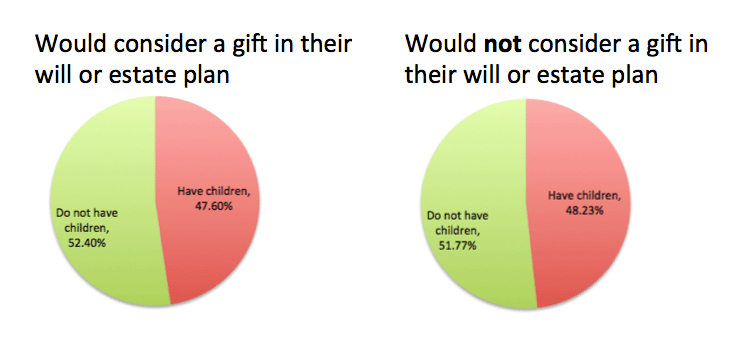
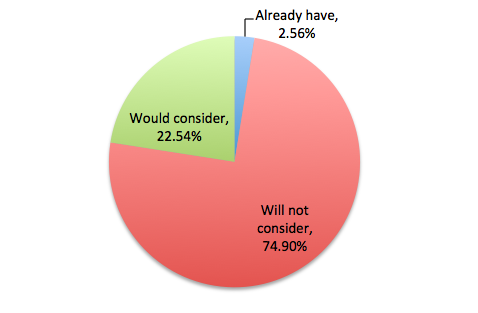
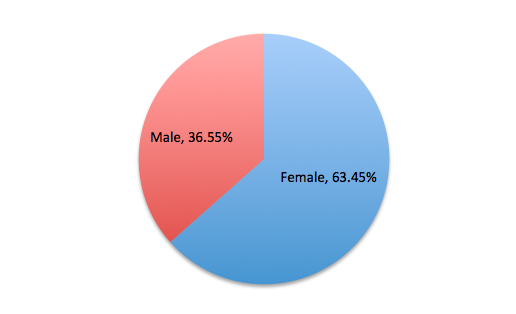
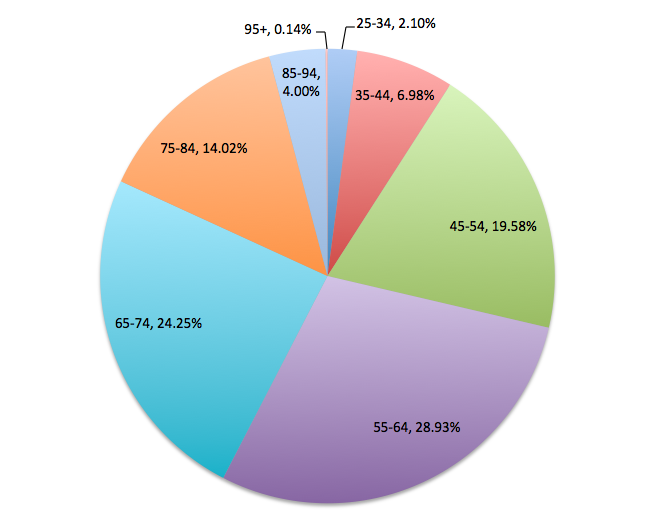
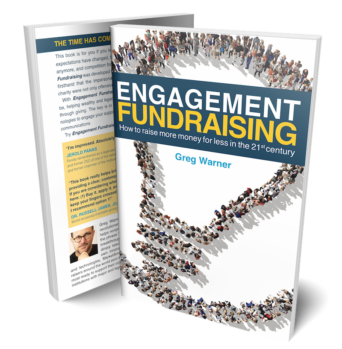
Hi Russell. Sorry for the confusion. The surveys were used for a couple of different organizations. We sent them to their donors. We had no idea who had children and who did not. So, one of the questions in the survey asked that question. In the end got a ton of information and I parsed it from there. I looked at who said they would consider a gift. Then I looked at how many said they had children vs. how many did not. Then I looked at who said they would not consider a gift and did the same to see how many had children and how many did not.
I hope that makes sense. Again, this was a donor survey for marketing purposes… not scientific. I don’t mind showing you what we did privately.
Thanks for posting! Tell me if I am reading this right, is the majority of your sample people without children? That seems kind of odd, as, for example, childlessness in older adults (say 65+) ballparks at 10% of the population. Just curious.